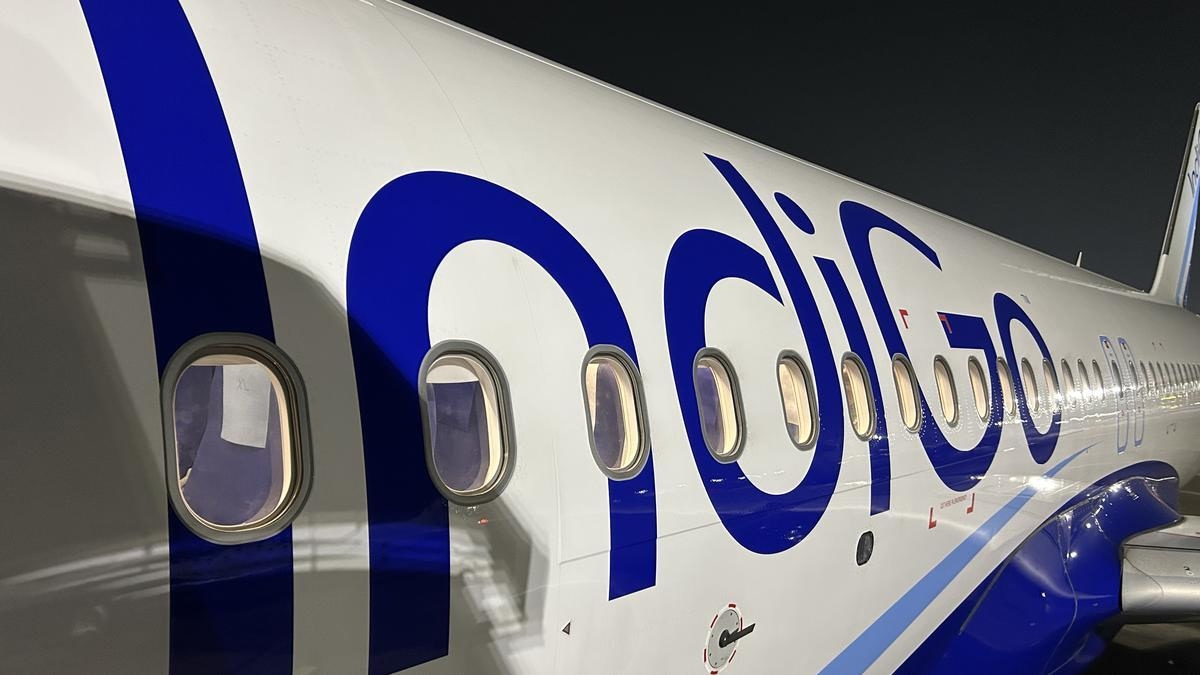エアロジニー — あなたのインテリジェントな副操縦士。
現在のトレンド
Categories
Global Reinsurers Raise Concerns Over Wet Lease Agreements in Indian Aviation

Global Reinsurers Raise Concerns Over Wet Lease Agreements in Indian Aviation
Global reinsurers have expressed growing apprehension regarding the increasing reliance on wet lease agreements within the Indian aviation sector. This unease stems from heightened financial risks and operational ambiguities that have come to light following a series of recent air accidents. The concerns are particularly acute in the wake of the catastrophic Air India Flight AI 171 crash near Ahmedabad on June 12, 2025, which resulted in the loss of over 240 lives. This tragedy is expected to harden the aviation reinsurance market, leading to increased costs for Indian carriers.
Between January 2024 and January 2025, Indian airlines reported 273 technical glitches across more than one million flights. Although this represents a decline from 390 incidents in 2023 and 723 in 2022, industry experts caution that the figures remain significant. The Air India disaster, coupled with a fatal helicopter crash in Uttarakhand and another Air India flight forced to return due to engine trouble, has intensified scrutiny of the sector’s safety standards and insurance practices.
Wet Lease Model Under Scrutiny
A wet lease arrangement involves an airline renting an aircraft along with its crew, maintenance, and insurance—commonly referred to as ACMI—from another operator, often based overseas. While the lessee airline retains commercial control, including scheduling and route planning, the lessor is responsible for operational aspects. Indian carriers such as IndiGo, SpiceJet, and Air India have increasingly turned to wet leases to manage capacity shortages during peak travel seasons, aircraft groundings, or delivery delays.
Despite the operational flexibility wet leasing provides, it introduces complex layers of responsibility. A leading insurance broker highlighted that the primary concern for reinsurers is the ambiguity surrounding operational responsibility and legal jurisdiction. Contracts frequently lack clear delineation of accountability for maintenance, safety protocols, and crew management. In the event of an accident or technical failure, this lack of clarity complicates liability assessments and insurance claims. Moreover, with many lessors headquartered abroad, disputes often escalate to foreign courts, further complicating legal proceedings.
Financial and Industry Implications
Aviation insurance risk is predominantly transferred from domestic insurers to global reinsurers, with up to 95 percent of the risk ceded internationally. The recent spate of high-profile accidents has prompted reinsurers to demand greater contractual clarity, especially concerning operational control and liability in wet lease agreements. The Air India crash is anticipated to generate substantial insurance claims, exacerbating the already loss-making Indian aviation insurance market.
Consequently, industry analysts predict a hardening of the reinsurance market, which may result in higher premiums or reduced coverage options for Indian airlines. This development compounds the financial pressures on carriers already contending with operational challenges, such as IndiGo’s ongoing fleet groundings linked to Pratt & Whitney engine issues.
The situation is further complicated by criticism from international competitors. Emirates, for example, has openly challenged India’s protectionist aviation policies, arguing that such measures impede the country’s aspirations to become a global aviation hub.
India’s experience with wet leasing has historically been fraught with difficulties. During the early 2000s, rapid expansion by budget carriers often relied on hastily drafted wet lease contracts that lacked clear provisions for maintenance and liability. The current wave of incidents and insurance disputes underscores the urgent need for more robust contractual frameworks and enhanced regulatory oversight as Indian aviation continues its rapid growth trajectory.

Capital A Completes Sale of Aviation Business to AirAsia X

Four Gateway Towns to Lake Clark National Park

PRM Assist Secures €500,000 in Funding

InterGlobe Aviation Shares Rise 4.3% Following January Portfolio Rebalancing

Key Market Segments Shaping Airline Route Profitability Software

Locatory.com Gains Traction Among Aviation MROs and Suppliers

JetBlue Flight Makes Emergency Landing Following Engine Failure

58 Pilots Graduate from Ethiopian University

The Engine Behind Boeing’s Latest Widebody Aircraft

UBTech Shares Rise After Airbus Orders Humanoid Robots
